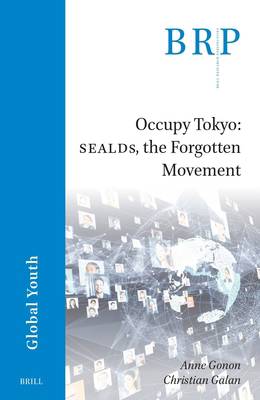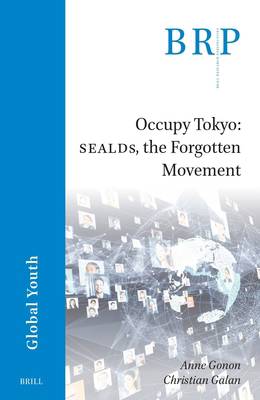
- Afhalen na 1 uur in een winkel met voorraad
- Gratis thuislevering in België vanaf € 30
- Ruim aanbod met 7 miljoen producten
- Afhalen na 1 uur in een winkel met voorraad
- Gratis thuislevering in België vanaf € 30
- Ruim aanbod met 7 miljoen producten
Zoeken
Omschrijving
Japanese youth, like everywhere else, are trying to build their future despite the crises that are shaking their world, the latest being the triple disaster of Fukushima. Often considered to be more focused on a personal or even hedonistic life, they surprised the media when a student movement took the floor to criticize the Abe government's security and Self-Defense Forces bills in 2015. The so-called SEALDs movement (Student Emergency Action for Liberal Democracy) was formed some time after the Indigenous or Occupy Wall Street movements, but it shares similar concerns.
Understanding the SEALDs' experience from the perspective of John Dewey's philosophy allows us to highlight once again the dangers that digital technology poses to individuals, the collective and their values.
Understanding the SEALDs' experience from the perspective of John Dewey's philosophy allows us to highlight once again the dangers that digital technology poses to individuals, the collective and their values.
Specificaties
Betrokkenen
- Auteur(s):
- Uitgeverij:
Inhoud
- Aantal bladzijden:
- 120
- Taal:
- Engels
- Reeks:
Eigenschappen
- Productcode (EAN):
- 9789004545922
- Verschijningsdatum:
- 4/05/2023
- Uitvoering:
- Paperback
- Formaat:
- Trade paperback (VS)

Alleen bij Standaard Boekhandel
+ 262 punten op je klantenkaart van Standaard Boekhandel
Beoordelingen
We publiceren alleen reviews die voldoen aan de voorwaarden voor reviews. Bekijk onze voorwaarden voor reviews.











